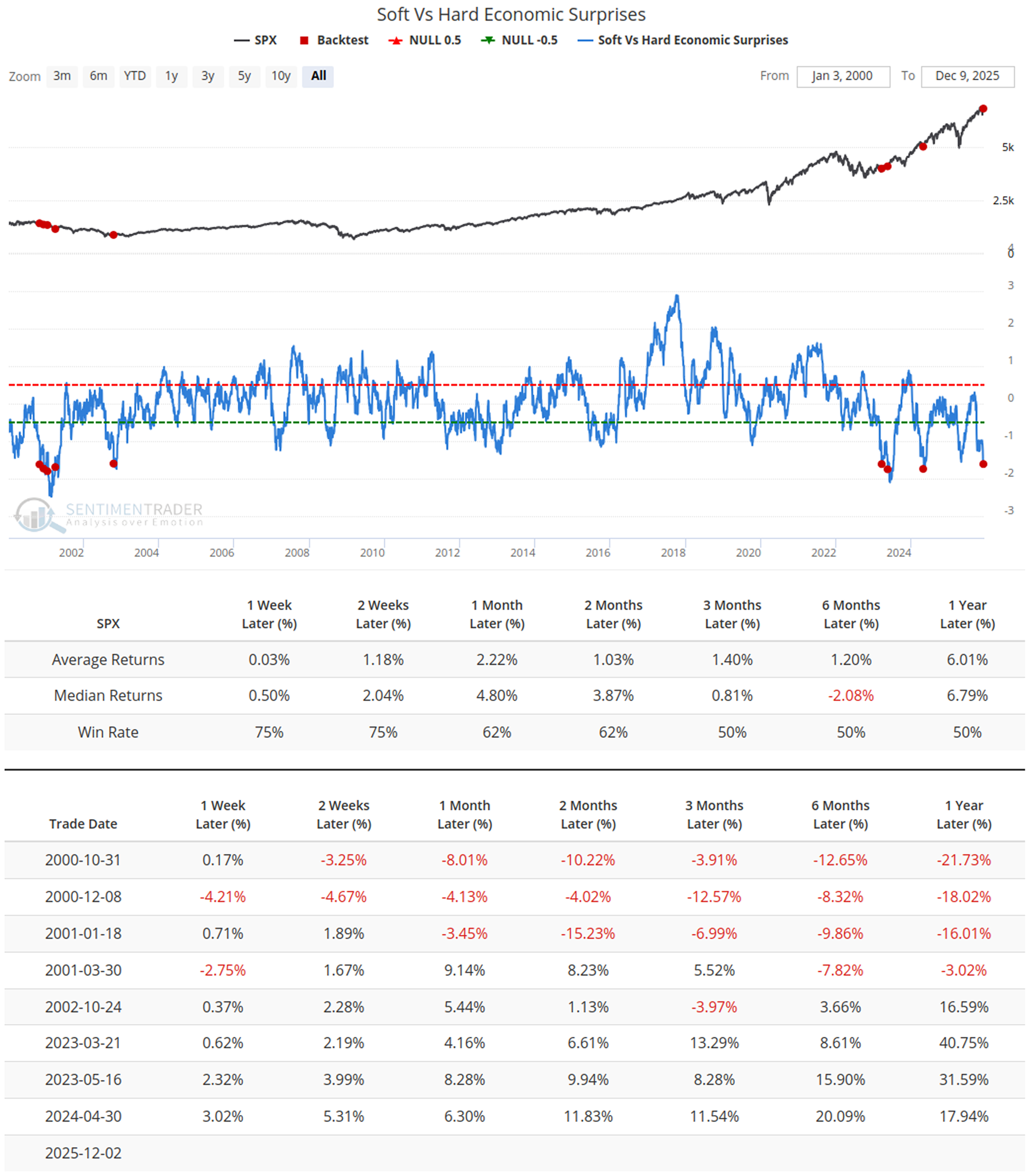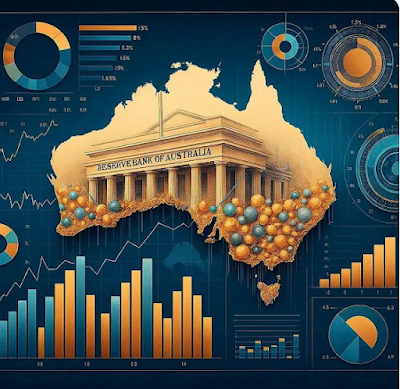All government agencies intervene in people’s lives and liberty. The entire government bureaucracy exists precisely to do that. These agencies have an impact on social life and facilitate government spending. Whoever holds these positions, with matching differences in power and relevance levels, will serve at least a minimally statist agenda. In consequence, unless an agency and everything to do with its inner workings is completely abolished, the impact of the agencies can only increase, maintain or decrease. And all the good that these agencies supposedly do will always remain a means by which the government benefits some people over others—inside and outside the government—and takes money away from productive people to give it to non-productive people.
During his run for the presidency of Argentina, one of Javier Milei’s promises was to put an end to the political caste that dominated the country. While Milei’s political game continues, let us now take a look at the people to whom Milei has entrusted power and relevance in his administration.
Patricia Bullrich
Milei’s Minister of Security was once a congresswoman and also the head of different ministries in different administrations. She was Milei’s competitor in the presidential run. Milei basically hated Bullrich, and even called her a terrorist because of her past links to a Peronist guerrilla organization in the 70s. Then, the two forgot their quarrels and allied for Milei’s victory in the ballot.
In 2019, when she was holding the same position under President Mauricio Macri (2015-2019), Bullrich came in favor of a DNA registry including all citizens of Argentina. After creating this genetic database of rapists, she promoted a project to include those accused of intentional crimes. In her view, the initiative would one day cover all Argentinians. Later on, during the COVID crisis in 2021, Bullrich asked if it was not possible to go house by house to look for the unvaccinated, and suggested a campaign to go and look for each one of them. She complained saying, “a lot of microdata for elections and little microdata for the health of Argentinians.”
Homeland security is a hallmark of the Milei era. In July 2024, Bullrich created the Unit of Artificial Intelligence Applied to Security, for “the prevention, detection, investigation and prosecution of crime and its connections through the use of artificial intelligence”—including its use to predict “future crimes.” The agency will also be tasked with surveillance in the virtual world. And in August 2024, congress approved the bill of Milei’s executive to broaden the scope of the Genetic Data Registry to investigate all types of crimes.
Federico Sturzenegger
Milei’s Minister of Deregulation and State Transformation is an economist who taught at the Harvard Kennedy School. Sturzenegger was in the oil company YPF before it was privatized under the presidency of Carlos Menem (1989-1999).
Sturzenegger was Secretary of Economic Policy under President Fernando de la Rúa (1999-2001), when he resigned two days before the announcement of the Corralito—an economic disaster that left thousands of middle class people without savings—and was accused as one of those responsible for it. Sturznegger was linked to a 2001 operation on Argentine bonds that increased external debt by some US$55 billion, which led him to a judicial process for the payment of multimillion-dollar commissions to seven banks. He was acquitted by a federal judge in 2016.
Sturzenegger was President of Banco Ciudad between 2008 and 2013, and then deputy until 2015, when he was appointed by Macri as president of the central bank. In 2017, Sturzenegger proposed to end the use of cash and to bankarize the economy. He eventually resigned from his position in June 2018 following a run on foreign exchange. Incidentally, also that year, Milei went so far as to consider Sturzenegger as the best president of Argentina’s central bank in history.
The ministry held by Sturzenegger is Milei’s creation.
Luis Caputo
Milei’s Minister of Economy is Macri’s friend and uncle of Milei’s campaign strategist, Santiago Caputo—currently an advisor to the executive. Before Milei took office, Caputo managed his own investment fund and sat on the board of an Argentine energy company. And prior to that, he worked at J.P. Morgan and at Deutsche Bank.
Macri appointed Caputo in other positions until he replaced Sturzenegger at the central bank. There, Caputo had possibly more influence over the economy than almost anyone else in such a short period of time. In Milei’s old words, Caputo spent 15 billion dollars of reserves irresponsibly and caused one of the great disasters in the bank in two or three months.
In November 2023, Milei said that there is no greater financial expert in Argentina than Caputo—and indeed, Caputo has his own history in the dirty financial business of public debt.
Santiago Bausili
Milei’s President of the Central Bank was Caputo’s partner in the investment fund aforementioned, and also worked for J.P. Morgan and Deutsche Bank.
In 2021, Bausili was prosecuted for conflict of interest in his interactions with Deutsche Bank when he was Undersecretary of Financing and then Secretary of Finance under Macri. A federal judge concluded that Bausili’s actions were prohibited by law, but an appeals court overturned the indictment a few months later. The investigation continued, and Bausili was prosecuted again in September 2023. However, just before he was confirmed by Milei in December 2023, the Federal Chamber of Buenos Aires revoked the indictment against Bausili—who was defended by the brother and partner of Mariano Cúneo Libarona, Milei’s Minister of Justice. A central argument of the defense was that the decision to designate Deutsche Bank for the placement of Argentine debt was not made by Bausili, but came from the Secretary and later Minister of Finance: Caputo.
Curiously, given the hopes that Milei would close down the central bank, days before assuming the position, Bausili stated that as long as he was there, the bank would not be closed.
Guillermo Francos
Milei’s chief of staff is a lawyer who has held public office for decades, even serving President Isabela Perón (1974-1976). In addition to being a congressman for several legislatures, Francos was the head of the Province of Buenos Aires Bank during a term of Governor Daniel Scioli, in the presidency of Cristina Kirchner (2007-2015). And more recently, Francos represented Argentina in the Inter-American Development Bank under President Alberto Fernández (2019-2023).
Francos also had a stint in the private sector in a holding company founded by Eduardo Eurnekian—for whom Milei worked for several years.
Daniel Scioli
Milei’s Secretary of Tourism, Environment and Sports served under Alberto Fernández—Milei’s predecessor—as Minister of Productive Development and later as ambassador to Brazil. Scioli was a parliamentary twice, and even the vice president of President Néstor Kirchner (2003-2007).
Francos and Milei worked for a few years at a think tank financed by Scioli, and in August 2024, the three and Eurnekian were criminally denounced in a case of public funds embezzlement, falsified documents, money laundering and illegal association.
José Luis Vila
Milei’s Secretary of Strategic Affairs is a former advisor to President Raúl Alfonsín (1983-1989). Vila resided in Washington while working at the Secretariat of State Intelligence for Néstor and Cristina Kirchner, where he became a liaison with the CIA and studied counterterrorism at the National Defense University.
Vila was an advisor to a congressional defense committee during the Menem administration, and also worked for Macri at the Ministry of Defense.
Political Caste
Public pressure is indispensable to push for changes in the right direction. But there is always the possibility—and it sometimes happens—that the political caste makes people believe that their pressure brings about changes that are actually much less relevant than they believe. And since there is usually a certain solidarity of interests among almost all politicians and all castes in and out of government, any conflict of interest in politics is rarely of great benefit to the ordinary citizen.
Milei’s team features people who have had little or nothing to do with the movement and the ideas that brought Milei to fame: even people whom Milei rejected for years and others from sectors considered Milei’s rivals. It is virtually impossible that all of these people have changed drastically for the better. And since Milei is the responsible head of the executive branch, to believe that he can be much better than his own cabinet is to ignore how a government and usual politics work. That is, these appointments are more or less an extension of Milei’s own quality, and they alone bring their own dangers and lack of confidence in the hopes against statism.
As special interests influence politics, government and each of its branches, the appointments may respond to interests far less favorable to Milei’s declared intentions to do good. Yet even this should be questioned, because Milei has just dismissed his foreign minister for voting at the UN against the US embargo on Cuba, and has appointed another person who will undoubtedly vote as Milei’s neoconservative foreign policy demands.
It stands to reason that Milei, who was supposed to fight statism as never fought before, would have far better men around him than a handful of well-off members of statism’s political and banking establishment—including people involved in the disasters that led Argentinians to elect Milei (for example, external debt nearly doubled under Macri). And even considering that Milei won through a coalition, there would hardly have been room for so much political caste for a man who was expected to fight against that caste like no other in the history of Argentina.
Full story here Are you the author? Previous post See more for Next postTags: Featured,newsletter


























